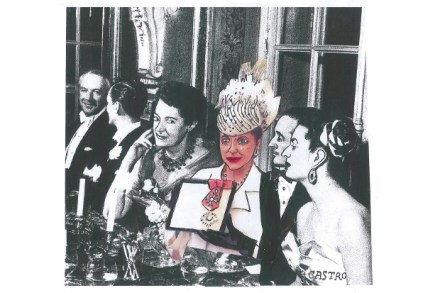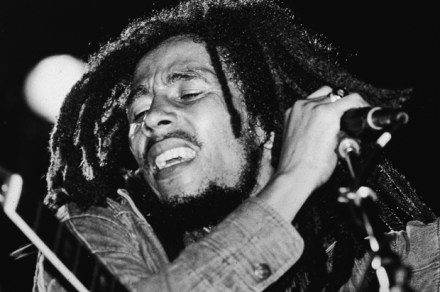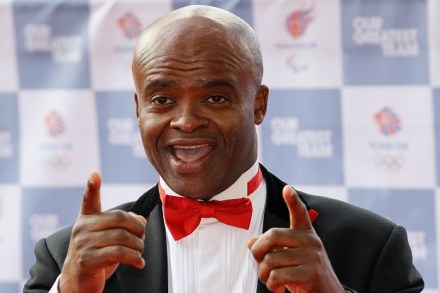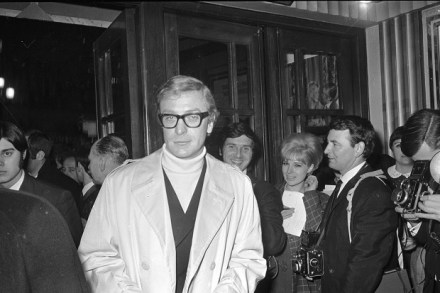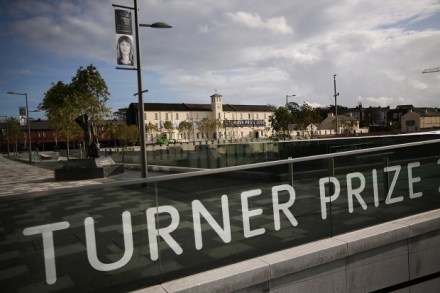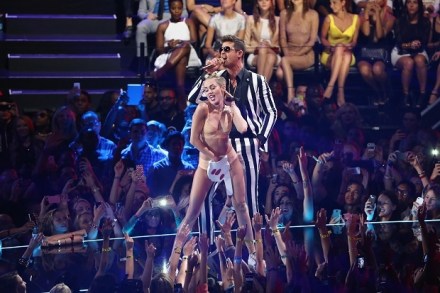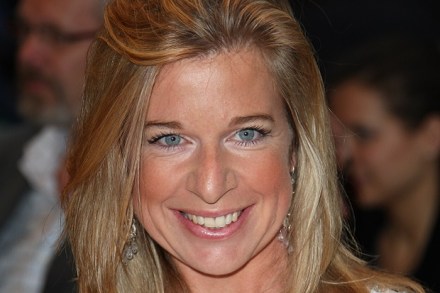Palace Notebook
The day of my investiture at Buckingham Palace dawned bringing freezing rain and fierce winds, which lashed at the windows as I regarded the outfit I had painstakingly planned — a lightweight, cream wool suit. A little damp didn’t bother me, so I didn’t care if I’d be shivering as Prince Charles pinned the medal on to my cape. No — it was the fate of the hat that worried me most. Designed by milliner Philip Treacy, it was a frothy creation of white grosgrain, chiffon flowers and delicate veiling, and I was concerned about the wind whipping it off. My best friend Judy Bryer said soothingly, ‘Philip has put so much
